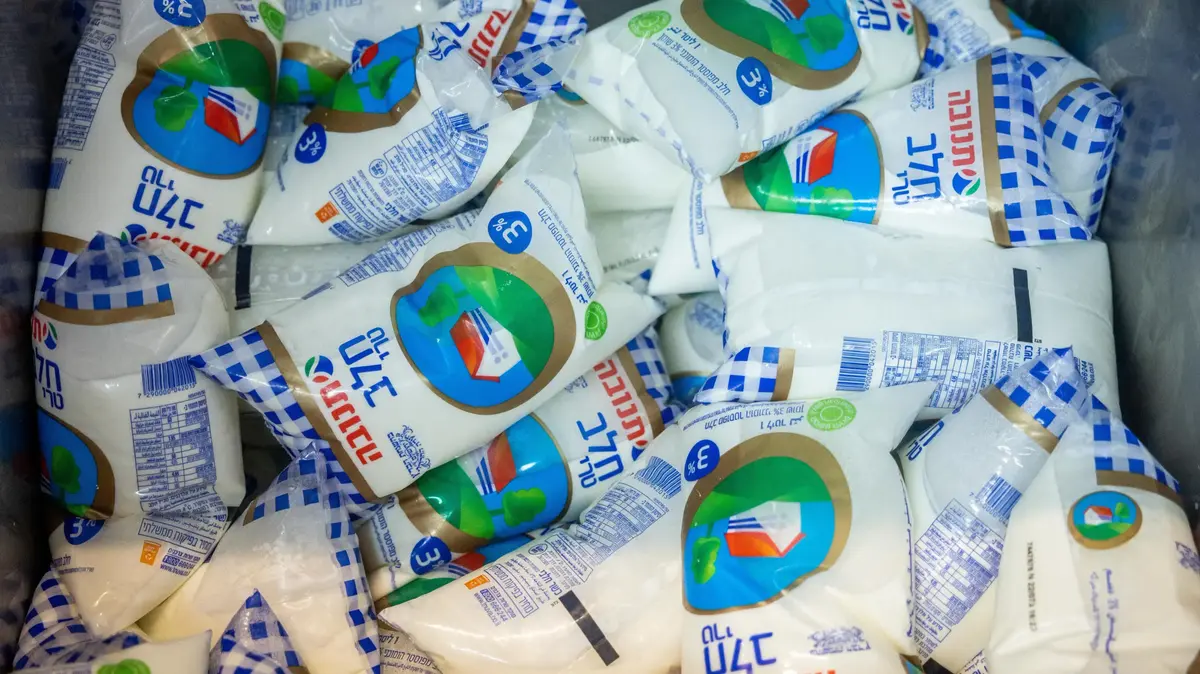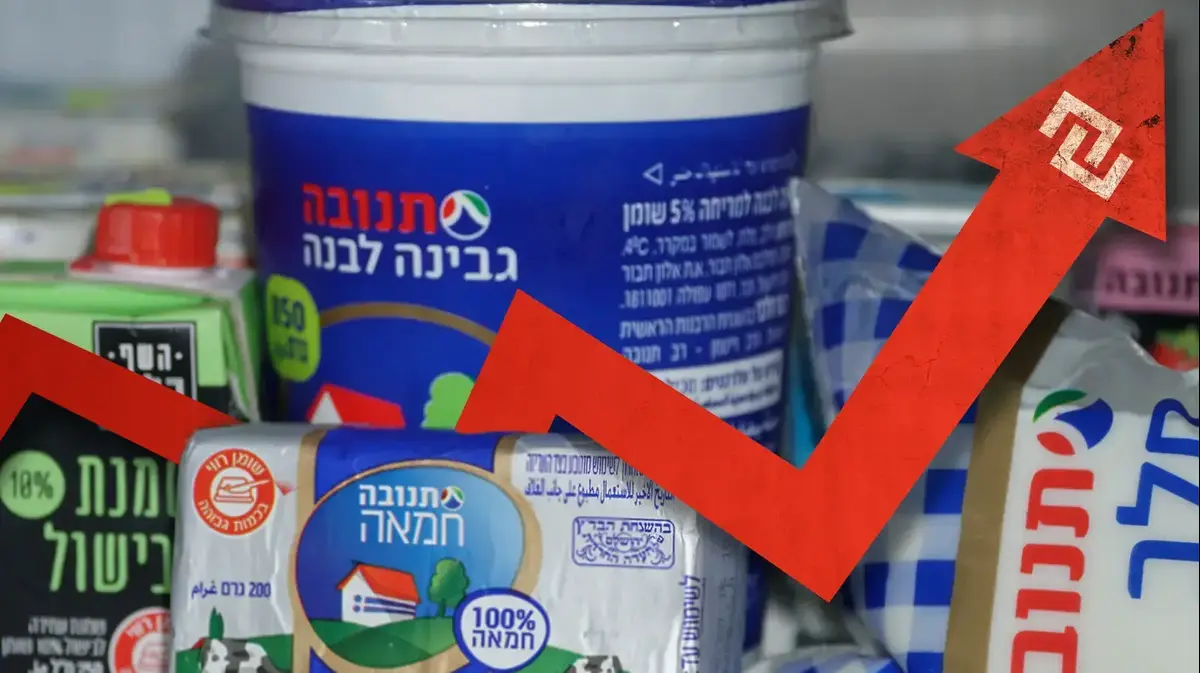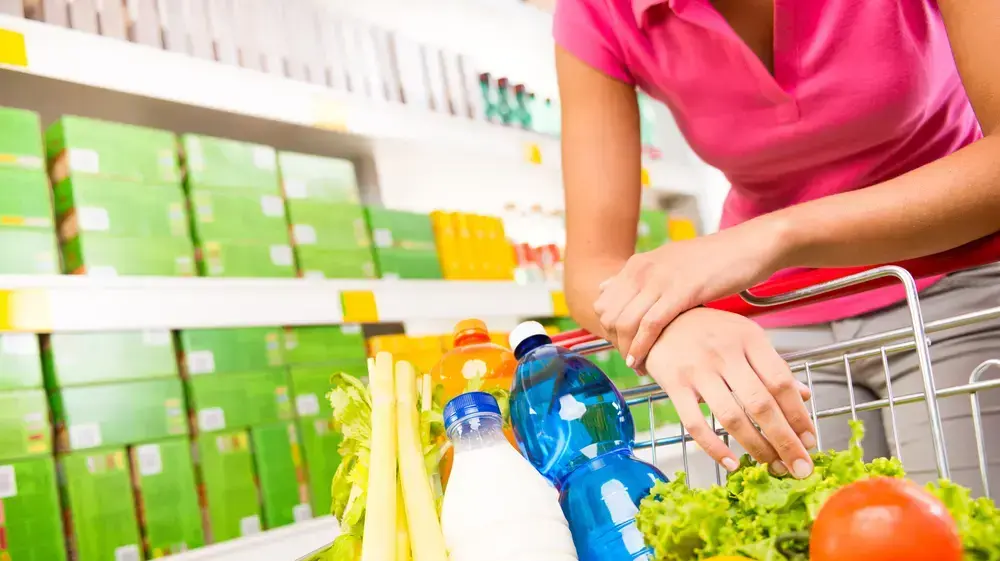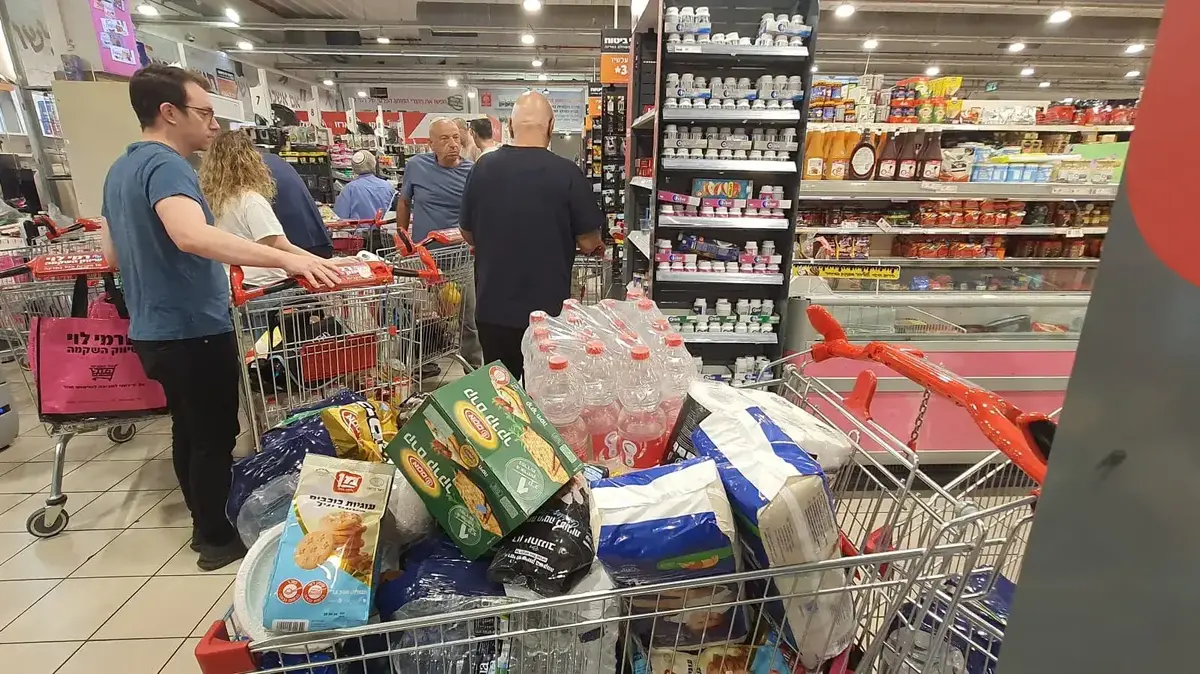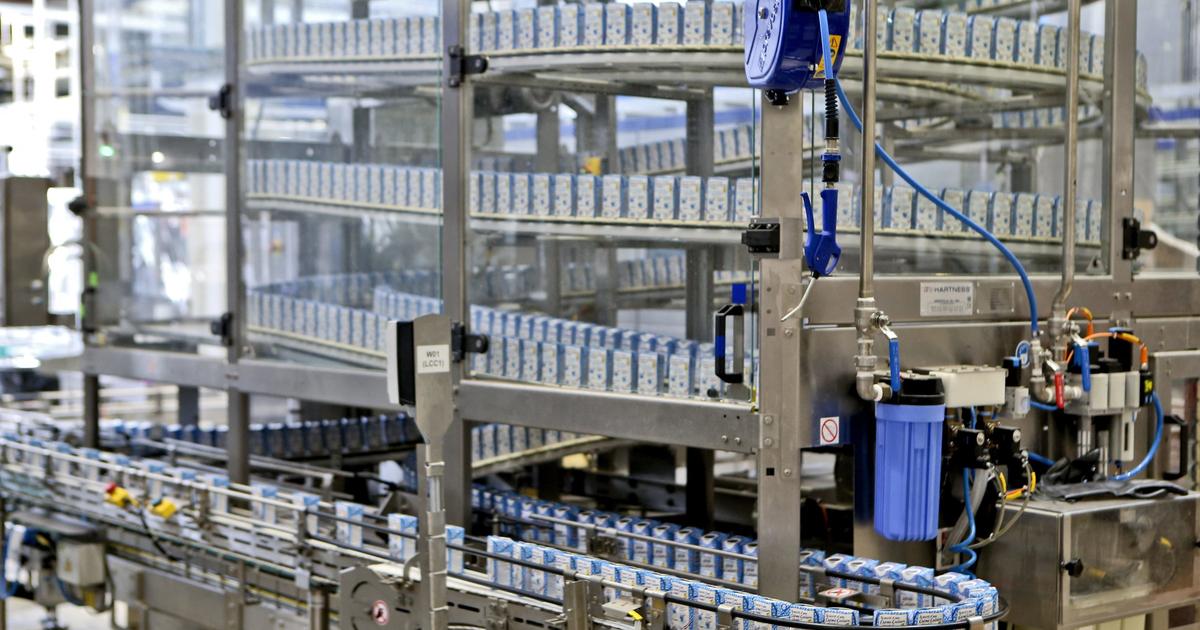How to keep the milk fresh for a long time?
(@livefree6878)
Gad Dairies announced this evening (Tuesday) a five percent increase in the prices of dairy products that are not under government supervision.
The increase will take effect in the next few days.
Gad is the last of the four largest milk producers in Israel to increase the prices of non-regulated products.
The first of these was Tnuva, which this morning announced an average price increase of 4.65% in its non-supervised products, but in practice the increase was even sharper, at a rate of about 6.5% on average.
After her, it was "Strauss", the owner of Yatbata, who announced the update of the price list of dairy products to retailers, at an average rate of 2.33%, when until this moment, the retailers had not received from her the list of products whose prices had increased, therefore it is impossible to check whether the increase in price is indeed such.
"Tera" also announced price increases, at a sharp rate of 8.28%, and it also did not attach the new price list to the notice it sent to retailers.
Terra's price increases will take effect on May 4.
A large retailer told Walla!, "It's unbelievable that the big manufacturers turn to the media first and only then to the marketing chains. It should be the other way around."
Milk prices around the world (photo: Walla! system, no)
This is not the first time that food manufacturers raise prices one after the other, in what seems, as it were, to be a non-accidental combination of messages.
The Minister of the Economy, Nir Barkat, did not like the alleged coordination between them, and directed Attorney Michal Cohen, the head of the Competition Authority, to check whether there was room to open an investigation into price coordination between the food manufacturers. At the same time, Barkat instructed the CEO of his office to prepare a bill for dissolution The monopolies in the food sector.
Let's recall that Barakat tried to introduce a similar proposal into the Settlements Law, which was rejected by the Treasury.
"The time has come to deal with the monopolies of the big food producers," said Barkat, "and protect the public from their rampant prices."
All of this is happening on the exact day that the State Comptroller published a severe report on the dairy industry in Israel. As we published in Walla, the gap between the price of a liter of regular milk in Israel, and the average price in the OECD countries, stands at 77%, and this despite the fact that the Israeli cow yields the The largest amount of milk in the world.
The main reason: the planning of the dairy industry through state supervision of its production quantities in accordance with the producers' quotas, the price paid by the dairies per liter of milk and the extent of the importation of dairy products and dairy products under supervision.
More in Walla!
The auditor and the dairy farm: this is how money is milked from consumers
To the full article
"The Ministry of Agriculture and the Ministry of Finance will work to implement the OECD recommendations."
State Comptroller Matanihu Engelman (Photo: Public Relations)
More in Walla!
After the review: the IDF is preparing for a significant response in the Gaza Strip - possibly as early as tonight
Ben Gabir asked, but Netanyahu did not summon him to assess the situation following the escalation
A short and effective guide: everything you need to know about home medicine
The auditor found that the price of raw milk in Israel is about 62 euros, while in the European Union its price is 24% lower and is estimated at about 50 euros, and this is where the essential difference lies.
The main deficiencies in the industry, according to auditor Engelman, stem from the state's poor regulation of the price of milk, which, as mentioned, is higher than most European countries.
Meanwhile, the supports given to dairy farmers are indirect supports, according to advance planning, and not direct supports, to which Israel committed to the World Trade Organization years ago.
Another problematic area is animal welfare.
20% of the barns are in a poor sanitary condition and the welfare of the animals is also very poor.
The lack of milk during the Jewish holidays is also criticized.
"It was found that in 2021, the shortage amounted to three million liters of pasteurized milk, which is 9% of the average monthly consumption of pasteurized milk," the report states.
Engelman recommends that as long as there is planning in the dairy industry in Israel, the ministries of agriculture and finance should analyze the factors that affect its high costs, examine ways to improve efficiency in the industry, among other things by reducing milk spillage, reducing the target price in such a way as to lower the final price of milk and its products, and will maintain its quality.
"It is also recommended that the Ministry of Agriculture and the Ministry of Finance work to implement the recommendations of the OECD and the State Comptroller's recommendations from 2018, regarding the transition from indirect supports to direct supports in the dairy industry."
news
News in Israel
Society and welfare
Tags
milk
Dairy products
cowshed
State Comptroller
Matanyahu Engelman
the dairy farm

